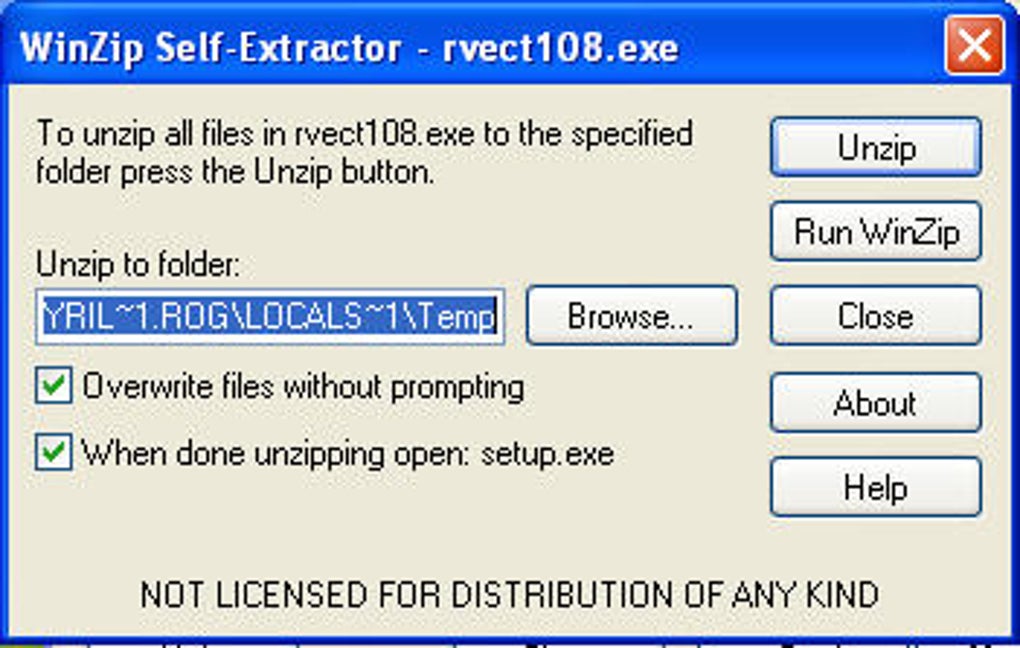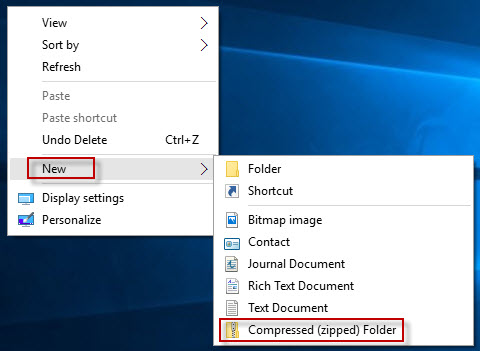

By default unzip queries before overwriting, but the -o option may be used to suppress the queries. fįreshen existing files, i.e., extract only those files that already exist on disk and that are newer than the disk copies.


This option is not listed in the unzip usage screen. This option is similar to the -p option except that the name of each file is printed as it is extracted, the -a option is allowed, and ASCII-EBCDIC conversion is automatically performed if appropriate. cĮxtract files to stdout/screen (``CRT''). print extended help for the DLL's programming interface (API). See the appropriate manual page for a description of these options. If the first option on the command line is -Z, the remaining options are taken to be zipinfo options. Where the source is on an NTFS volume and target does not exist, a file symbolic link will be created. If the archive contains Unix or Win32 symbolic links, these will be displayed (a 0x80000 in the non-MSDOS external file attributes field with both Unix/Linux/MacOS and PTC MKS Toolkit) or restored to NTFS volumes to point to the same names (existing or not existing) as they were in the source file system. A companion program, zip, creates ZIP archives both programs are compatible with archives created by PKWARE's PKZIP and PKUNZIP for MS-DOS, but in many cases the program options or default behaviors differ. The default behavior (with no options) is to extract into the current directory (and subdirectories below it) all files from the specified ZIP archive. Unzip will list, test, or extract files from a ZIP archive, commonly found on MS-DOS systems.


 0 kommentar(er)
0 kommentar(er)
